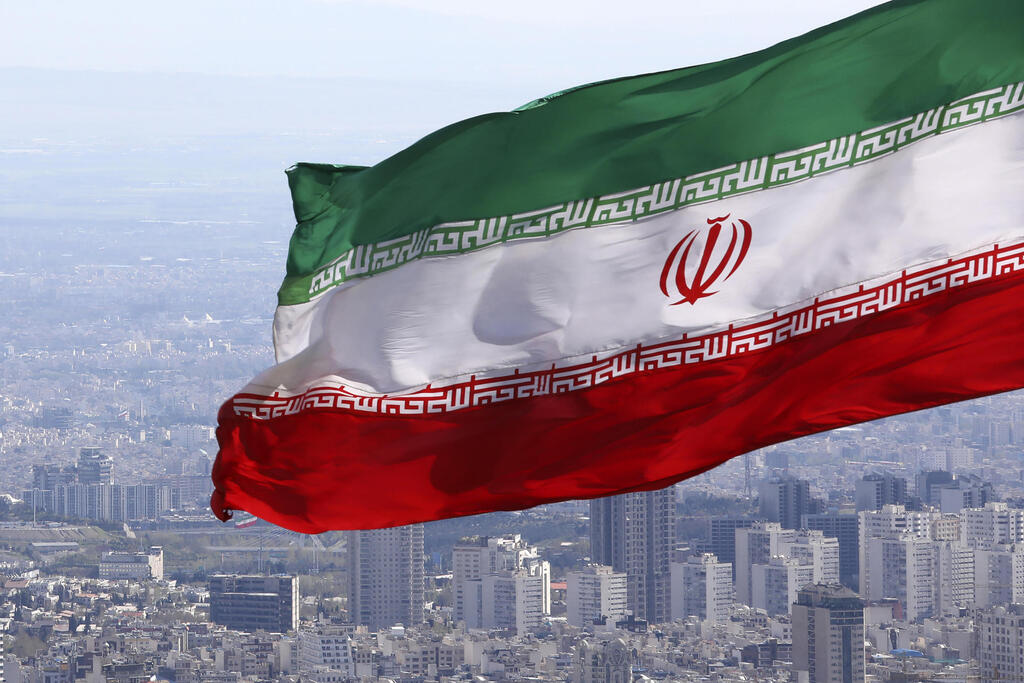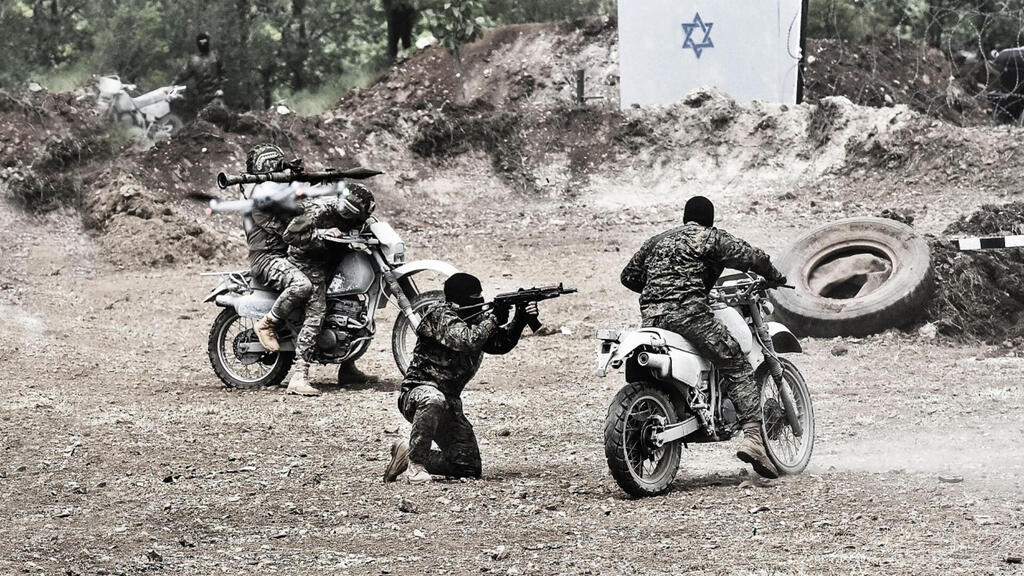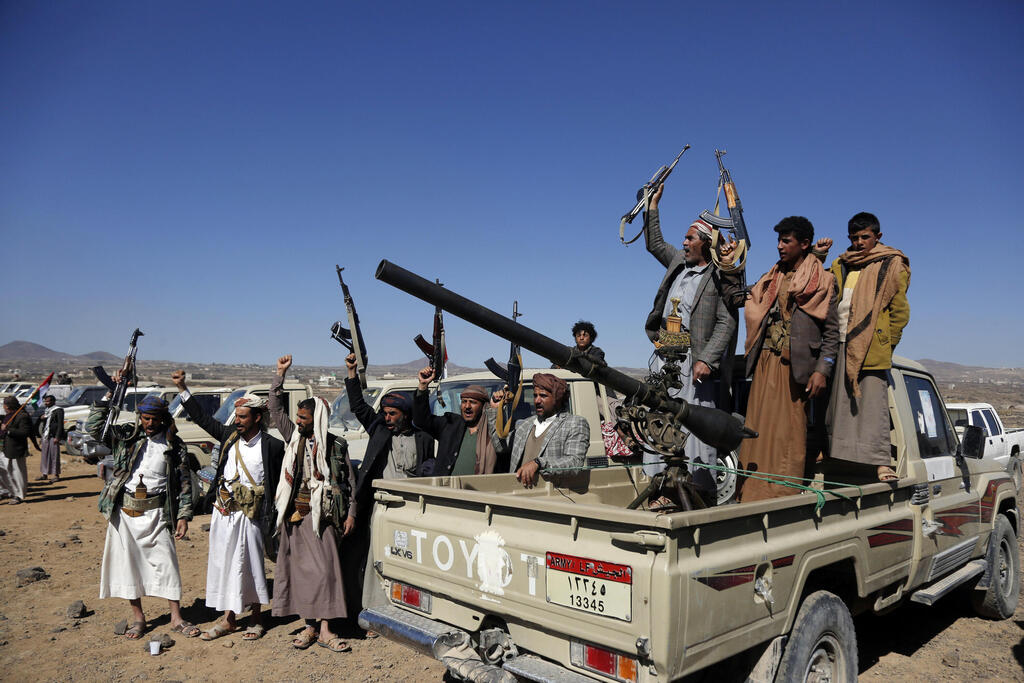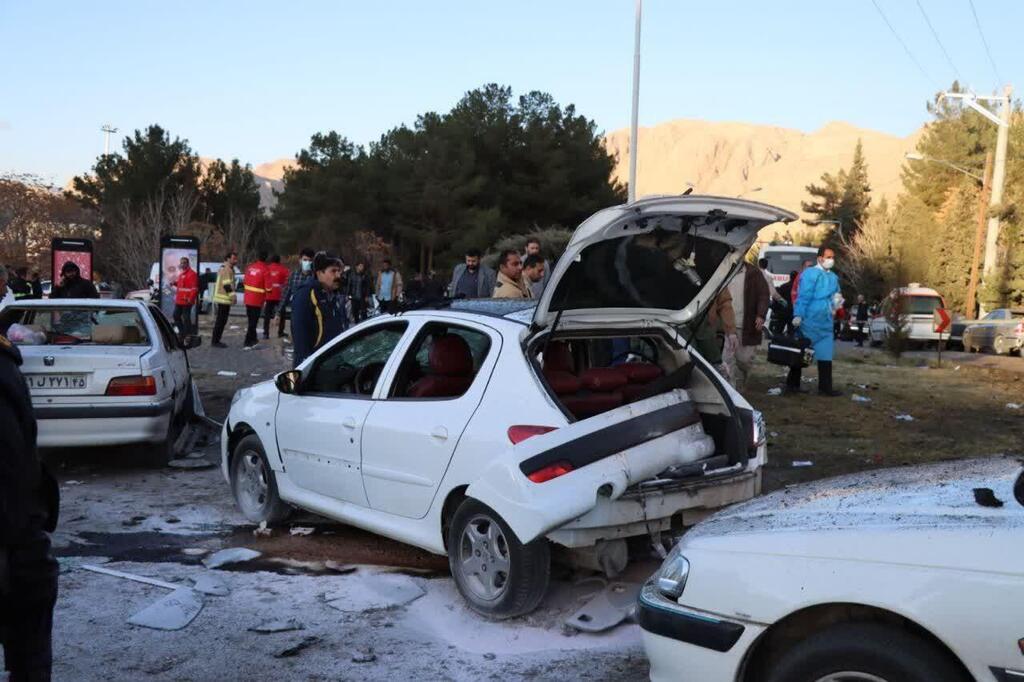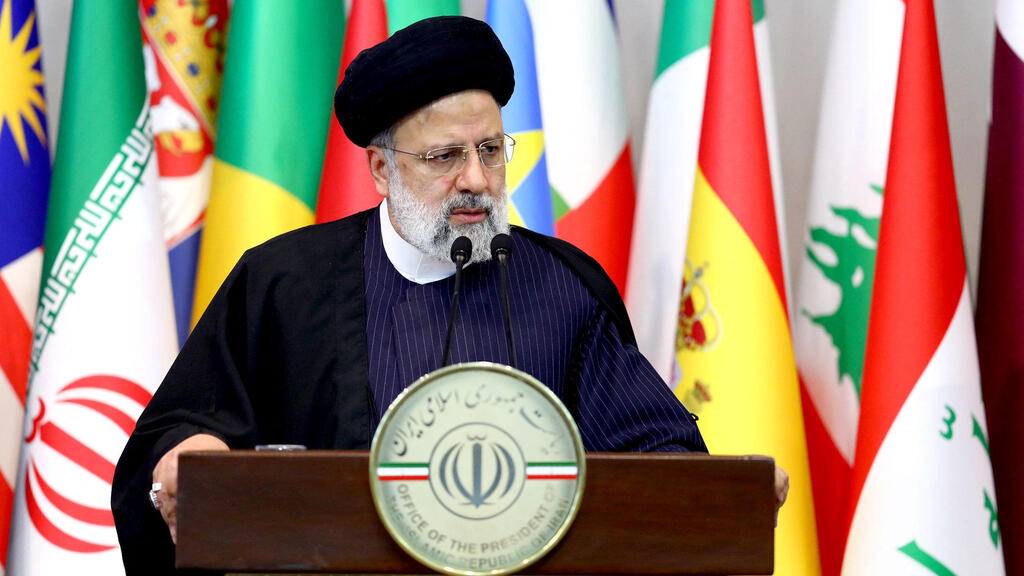While the Israeli media is full of doom and gloom assessments of the country’s security environment in the wake of the Hamas October 7 attack, a step-by-step analysis suggests its impact on Iran is no less consequential.
More stories:
There is growing evidence that the Hamas attack not only surprised but preempted Iran. In fact, it disrupted Iran’s mega plan to surround Israel with an operational “ring of fire” that would act in unison and collectively overcome the Jewish state.
Instead, Tehran watched as the IDF quickly mobilized deploying mass on both the Gaza and northern fronts to rule out any additional surprise attacks. Moreover, Iran was likely stymied by the almost instantaneous U.S. rush to provide a strategic umbrella for Israel to neutralize any threat of “other actors” taking advantage of Israel’s predicament.
Failing proxy strategy
As a result, Tehran is now facing the real prospect of having its overall proxy strategy, which was crafted for years, being dismantled piece by piece. Despite intensive and persistent Iranian efforts, Israel is unstoppable in its fight to eliminate or markedly pacify at least two of these fronts - the Gaza one and the one emerging in the West Bank.
By recent accounts, Israel has also dramatically expanded its attacks on Iranian assets in Syria. Accordingly, the mullahs likely fear a worst-case scenario where the IDF, after smashing Iran’s “unity of fronts” scheme, has its hands free and under a new offensive doctrine is actively seeking to preempt emerging threats which suggests Iran’s nuclear program would be squarely in its sights.
By definition almost Iran’s proxy strategy, although designed to shield the mullahs’ regime, virtually guarantees that any confrontation with the Iranian strategic construct will acquire regional dimensions. Whenever there is a power imbalance between its individual proxy forces and their enemies (for example between Hamas and Israel) Tehran must marshal additional surrogates to join the fight in order to salvage its pawn and the viability of its overall strategy.
As well this pattern of action is not only designed to bolster its “foot soldiers” and hurt its enemies, but is meant primarily as a substitute for Iran’s direct involvement.
Evidence of the unintended consequence of the geographical spreading brought about by the Iranian strategy is the growing unhappiness of “host” countries with the activities of Iran’s proxies on their territory as local governments become convinced these forces are doing Tehran’s bidding rather than serve their national interests.
Lebanon is the prime example of such an “awakening” as many of its politicians are pressing Hezbollah to veer away from confronting Israel so as to spare the country from ruin a la Gaza. Iraq’s strong reaction to Iranian militias’ attacks on U.S. targets on its territory and Jordan’s air strikes against Iran-backed arms and drug smugglers across its border with Syria are also of note.
Mounting trouble over Yemen's Houthis
The Yemenite Houthi attacks on commercial and other ships in the Red Sea which undoubtedly were spurred by Iran as part of the same strategy have likewise expanded the Gaza conflict geographically and all but globalized it. However, instead of generating added pressure on Israel to cease its offensive in Gaza, the attacks had the opposite effect of galvanizing a whole host of affected countries to take steps to resist the Houthi aggression.
Thus it has been reported that the European Union gave its initial approval to the formation of a joint naval task force aimed to protect ships in the area. Meantime, supported by Australia, Canada, Holland and Bahrain the U.S. and Britain have launched repeated strikes on Houthi military sites designed to preempt firings on ships crossing the Red Sea. As well India, which was offered a 25-year “strategic agreement” by Tehran in 2022, was roiled by the Houthi onslaught.
According to the India Times on January 18, Indian Navy Chief Admiral R Hari Kumar said "We have deployed [in the seas in question] to ensure that our national interests, [in] the maritime domain are preserved, protected, promoted and pursued.”
Even China, despite its 25-year “strategic cooperation agreement” with Iran, did not conceal its displeasure and came out in support of the freedom of navigation on the high seas fearing that the Houthi blockade would imperil its economic interests.
As long as Israel successfully resists persistent Iranian calls for a ceasefire in Gaza to rescue Hamas and thus its regional strategy, and Iran dares not risk Hezbollah, the mullahs can only watch as their grand design crumbles (if not backfires).
This is because Iran’s only other option to help the beleaguered Hamas terrorist army —direct involvement - is off the table due to two main considerations. First, regime stability. The mullahs are deftly worried that war with Israel will unleash a tide of domestic forces to try and oust the regime.
Domestic issues
Given recent events these concerns seem well founded with growing restiveness in key Iranian provinces and the ever-present terrorist threat exemplified by the ISIS “dual martyrdom operation” in Kerman in early January “near the grave of the hypocrite leader” Maj. Gen. Qassim Suleimani, who killed more than 80 people. Second, Tehran knows that a war, especially if it involves the U.S. somehow, would not only threaten its oil industry but very likely its nuclear program.
Paradoxically therefore in the short run at least, Iran’s nuclear program is backfiring by limiting Iran’s options and running counter to the needs of preserving its proxy strategy. Indeed as long as Iran's nuclear program is left unmolested it serves as a guarantee for Tehran opting out of any direct confrontation with Israel and the U.S.
Tehran is thus facing the very real prospect of its entire strategic concept imploding. After all, the proxy strategy was meant to expand its regional influence toward dominating the Middle East while undermining what the mullahs perceived as potential threats to their regime.
As a result, Iran is at a crossroads: It can choose to launch suicidal offensive actions against its main opponents designed to answer domestic critics about the regime’s weakness as displayed by mounting internal challenges. As outlined above such a course of action could entail risks to the regime’s stability, the economic wellbeing of the country as well as its nuclear pet project.
Yet the recent Iranian missile attacks on targets in Syria, Iraq and Pakistan strongly suggest the mullahs are under pressure and may embark on increasingly unpredictable if not desperate paths.
The New York Times on January 19, speculated that the use by Iran of its most advanced missile, the Kheibar Shekan with a range of 1450 kilometers and an ostensibly improved accuracy and a capacity to outmaneuver missile defenses, in those attacks was likely meant to send a deterrent message to Israel and the U.S. In hindsight, of course, Iran’s pressing the Houthis to target “Israeli” shipping in the Red Sea provides additional evidence of the mullahs acting rashly given the international reaction to the attacks.
 Dr. Avigdor Haselkorn
Dr. Avigdor HaselkornAlternatively, and more likely for Iran is a mad dash to the bomb, or as Rafael Mariano Grossi the head of the International Atomic Energy Agency described its current activities—“galloping ahead” to nuclear capability—as the best, if not the only, bet to assure regime’s survival and simultaneously promote its regional proxy strategy. Indeed, the faster the pace of the Iranian advance to the bomb, the clearer the indication of the mullahs’ growing panic.
For Israel the implications are stark. It would need to soon switch from focusing on a war against Hamas to a full-scale offensive against Hezbollah to neutralize its role as the praetorian guard and thus key facilitator of Iran’s nuclear aspirations.
- Dr. Avigdor Haselkorn is a strategic analyst and the author of books, articles, and op-eds on national security issues.



